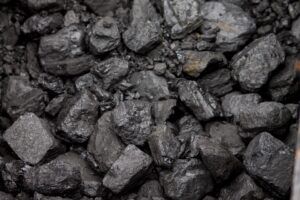This call for proposals focus on the role of consumers in changing the market through informed decision and collective actions, subprogramme “Building a low-carbon, climate resilient future (LC)”
A precondition for active demand is for consumers to be aware of their own potential to permanently or temporarily reduce energy consumption; and moreover, for them to know how to offer this potential to the market and what it would represent in terms of monetary value by bringing benefits to the energy system.
Different forms of collective action have the potential to assist consumers in forming critical mass and to facilitate increased uptake of energy efficiency & active demand solutions and services. Although collective actions on energy efficiency have emerged in recent years, a lack of awareness on the potential benefits of such actions, together with regulatory barriers, continues to hamper their full development and uptake.
Finally, important challenges involve installed appliances (such as boilers for space and/or water heating) of which a big share is inefficient and fossil-fuel based, resulting in increased fuel consumption and fuel costs for households. Informing consumers of the potential energy savings and their monetization, as well as other benefits such as increased comfort and improved air quality, can result in increased motivation for replacing inefficient appliances, thereby permanently reducing consumption.
Scope
The proposed action should set up and/or support energy communities (consumer cooperatives, consumer collective purchase groups, and/or other consumer driven collective actions) to increase energy efficiency and/or optimise energy management to integrate a higher share of renewable energy (generated locally or provided from the grid) within the community by, for example, combining collective solutions to distributed generation, distributed storage, and/or demand-response aggregation. The focus of the proposed action should be on households, however, this does not preclude the complementary involvement of non-residential buildings.
Dead line
3rd september 2019
For more information
Introduction WP 2018-20
Secure, clean and efficient energy WP 2018-20
Climate action, environment, resource efficiency and raw materials WP 2018-20
Dissemination, Exploitation and Evaluation WP 2018-20
General annexes to the Work Programme 2018-2020
Legal basis: Horizon 2020 Regulation of Establishment
Legal basis: Horizon 2020 Rules for Participation
Legal basis: Horizon 2020 Specific Programme







Leave a Reply